Need some inspiration? These exceptional voices will spark what you crave.
For the extraordinary and invigorating price of $100, now get 10 books—shipped to you at no extra cost. That’s a $180 value! Because you need poetry. And we need to share.
Each book is described briefly below, but all were published from our open reading period submissions over the years.
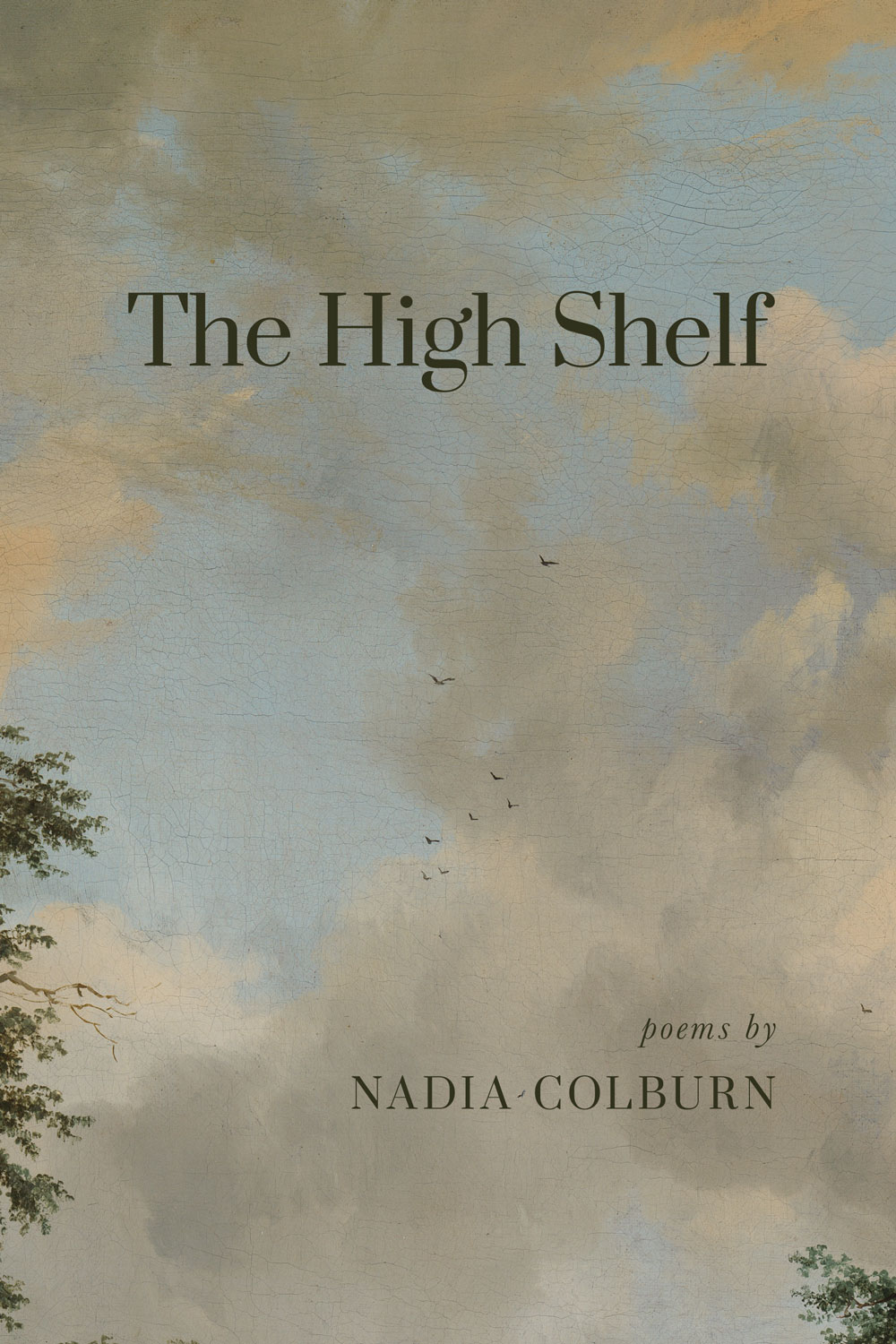 The High Shelf by Nadia Colburn
The High Shelf by Nadia Colburn
“The High Shelf follows the life of a mind as it becomes more and more aware of threats that mean the end of the natural world. And yet these are love poems that call out to one whom the speaker hopes can inhabit that very same world: “O: little one: all this that is not mine/to give you, what will I give you?” What a tender book! What an example of how to maintain tenderness while telling the truth!” —Jericho Brown
“Spare, brilliant, and open-hearted, these poems do what we most need art to do in this perilous age: they show how the mind invents both itself and its world, and thus where our responsibility lies. This is a book that will reward both readers of poetry and those seeking insight into suffering and resilience. An exhilarating read.” —Chase Twichell
Them Gone by Akua Lezli Hope
“Them Gone is a family reunion in verse and sound that sings a personal and public history alive and into our hands. Akua Lezli Hope’s poems lead us on a Black woman’s story, seasoned with poignant observation and a wise-worn search for truth.” —Tyehimba Jess
“Her voice breathes life into memory, roots, tradition, and the immediacy of time and place. Whether she is writing of poets Ted Joans and Jayne Cortez, of tigress Eartha Kitt or firebrand Rosa Parks, she celebrates their lives, achievements, and impact on society.” —Robert Fleming
Happy to Be Here by Ayaz Pirani
“In this lovely and loving collection, Ayaz Pirani positions himself as a plainspoken anti-prophet, bringing human nosiness and gratitude to a number of subjects—displacement and immigration, the oak woods of the Arroyo Seco, Tanzania’s Ngorongoro Crater—as well as the mysterious geographies of the soul. Pirani’s images and exhortations will stop up your throat and thrum in your heart.” —Heather Birrell
“Wherever ‘here’ is—be it the mosque, a yellow kitchen, planet Earth, or the Necropolis—Pirani maps an austere happiness and discovers, in love’s company, an iridescent interior.” —Suzanne Buffam
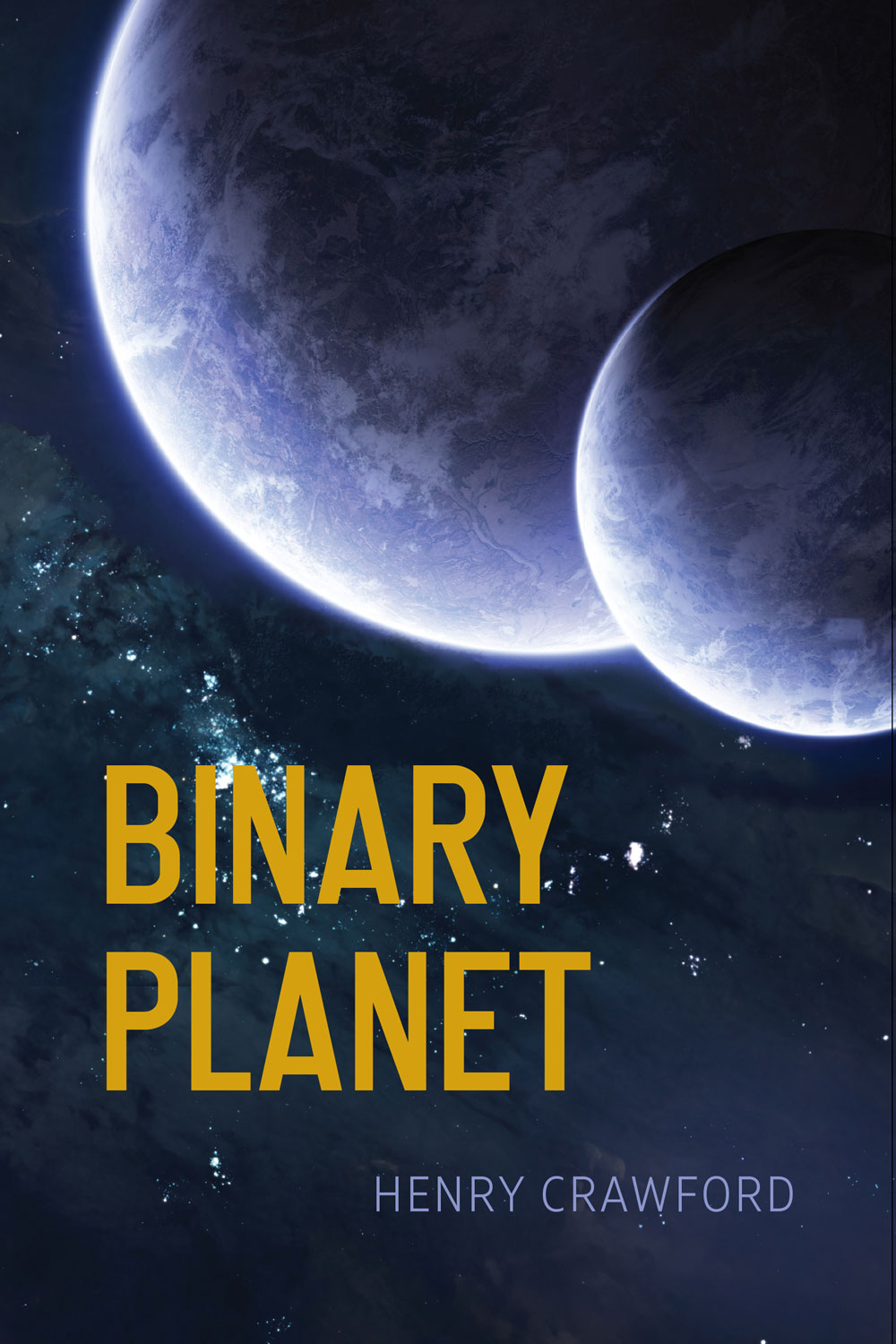 Binary Planet by Henry Crawford
Binary Planet by Henry Crawford
“Binary Planet explores a wide range of ramifications of the contemporary entanglement between human and machine, such as hunger, racism, and war. He also offers dystopic speculations of a future in which automated medics dispense synthetic hydration while listening to Beethoven played on a ‘virtual wood Steinway’ and ordinary people who are ‘afraid of the sun’ will have ‘danced without partners’ and ‘stood by their guns.’ Nonetheless, these poems never lose sight of the ephemeral beauty of the everyday.” —Susan Lewis
“Half public, half private, this book maps the body in lingual movements that accrete and erupt out of stasis, striking choral resonances, transmuting personal/local histories, straddling the elegant and the repugnant. Here is a force to be reckoned with, a memorable debut.”—Timothy Liu
“These nimble poems grapple with what it means to belong to a body, a family, a country. With rigor and dark wit, Carroll conjures the exhilarating terror of moving through one’s life with nothing but ‘flesh holding / back disaster.’”—Tracy K. Smith
My Coolest Shirt by W.T. Pfefferie
“For this heartbreaking poet and songwriter, love is often understood as a classic American road trip doomed to go awry, the map all torn to pieces, all the places we told each other were just up ahead dissolving into desert mirages or derelict motels. These poems echo like songs we can almost remember, doomed to stay just out of reach” —David St. John
“My Coolest Shirt takes us on a wild ride through California, Colorado, Wyoming, Texas, Mississippi, and beyond. ‘Let me see what I can salvage,” the speaker says in the first poem, and over and over again this book surprises and delights us with what can be saved.” —Nicole Cooley
Immortal Medusa by Barbara Ungar
“In Immortal Medusa‘s spare, meditative poems, Ungar paints unforgettable images—water-spider shoes, sepia knickers and a shining white shirt, the near-endangered Waccamaw fatmucket and Ozark hellbender—that leave us ‘chanting to the sky,’ then diving to see what we ‘can retrieve / from the deep floor where pearls are found in secret.’.” —Meg Kearney
“Ungar’s attention unfolds with urgency and compassion and we find ourselves entangled in its tender involutions and evolutions of thought. Like any great seeker, she pursues the truth beneath surfaces available to the naked eye. We are seized by world she reveals. It is the feeling we call ravishment.” —Gregeory Pardlo
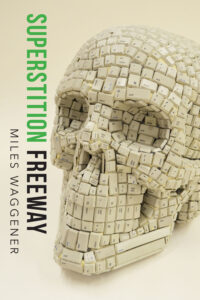 Superstition Freeway by Miles Waggener
Superstition Freeway by Miles Waggener
“Superstition Freeway is a world of boundless deserts, cracked air conditioners, weedy lots, and the ‘duplicating hells / of gambling machines,’ and ever-present film of ochre dust reminds us that nothing can remain untouchable forever. And the disquiet arrives a beautiful but haunting anti-song, an ‘instruction manual for electronics no one uses any more’ in which we ‘meet ourselves again as strangers.’ It doesn’t take long before these poems compel us to say something in return, something which has us knocking on wood as soon as the words leave our lips.” —Nils Michals
“The many voices in Hen & God sound out the broken-down reality that is these United States of America. West traces histories of America’s misery across coasts and cultures toward a resistant present and future joy.” —Modesto Jimenez
“West offers so many pleasures here: wise-ass speeches by the gods, feminist fables, pirate sonnets, and blues songs for the gorgeously gone wrong. She hears Las Vegas speaking in the voice of a gangster-drunk and the rage of Black Friday crowds that can crush a man. Whip-smart, angry, and tender, West’s poems electrify the drama of 21st century urban life.” —V. Penelope Pelizzon
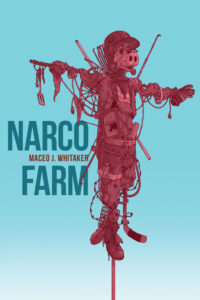 Narco Farm by Maceo J. Whitaker
Narco Farm by Maceo J. Whitaker
“Maceo J. Whitaker writes about addiction, homelessness, violence, poverty, and love. He is a gritty, bluesy descendant of Frank O’Hara—though Whitaker breaks out and visits other boroughs. A poet of witness, Whitaker is a maestro at wedding image and sound, pathos and humor. Narco Farm speaks of a troubled and troubling America. His poems are necessary, compassionate, knowing that we need ‘to begin once again to be human.’” —Denise Duhamel


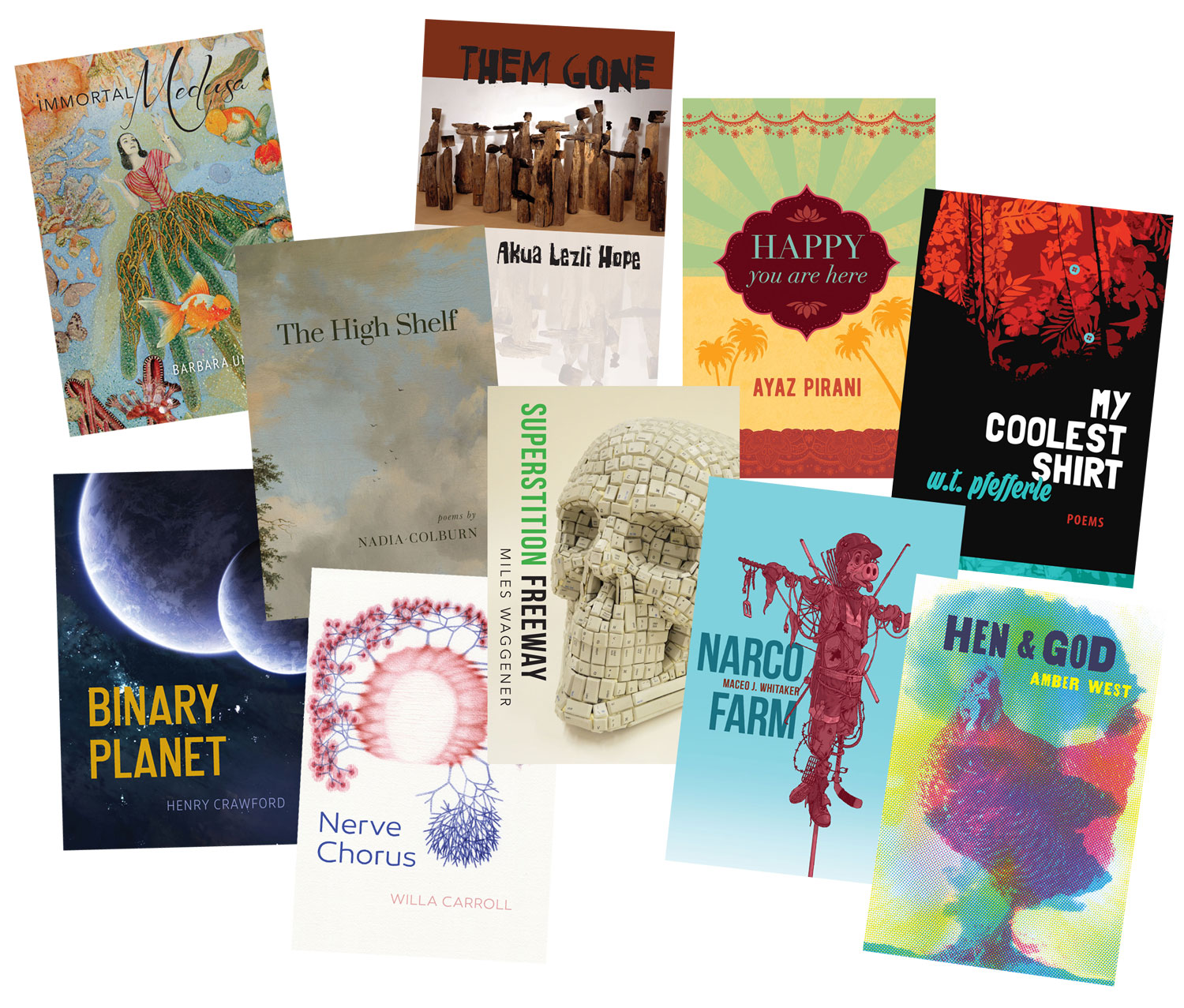
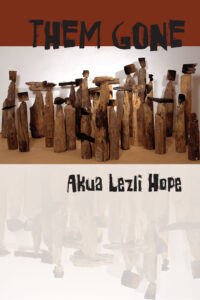
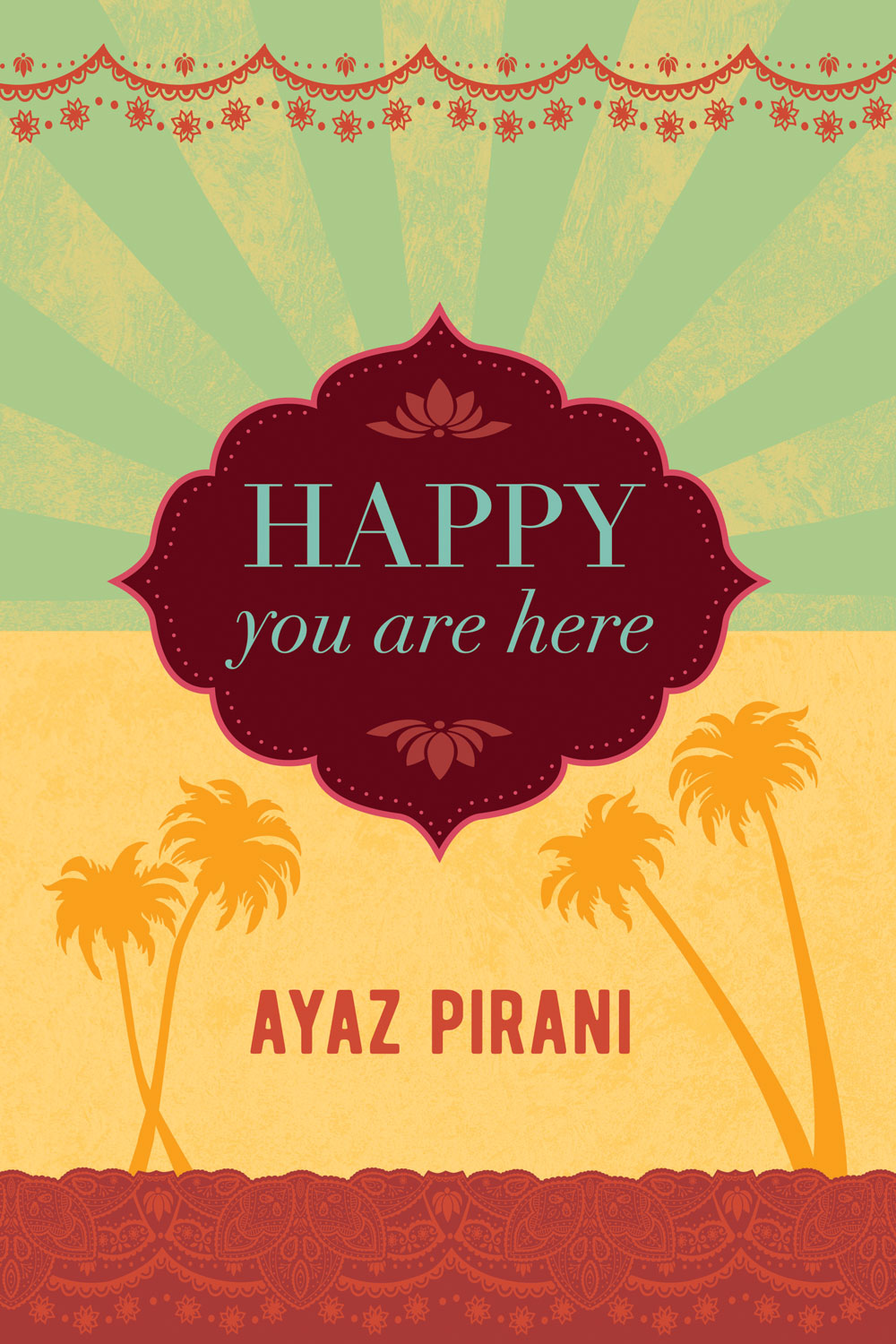
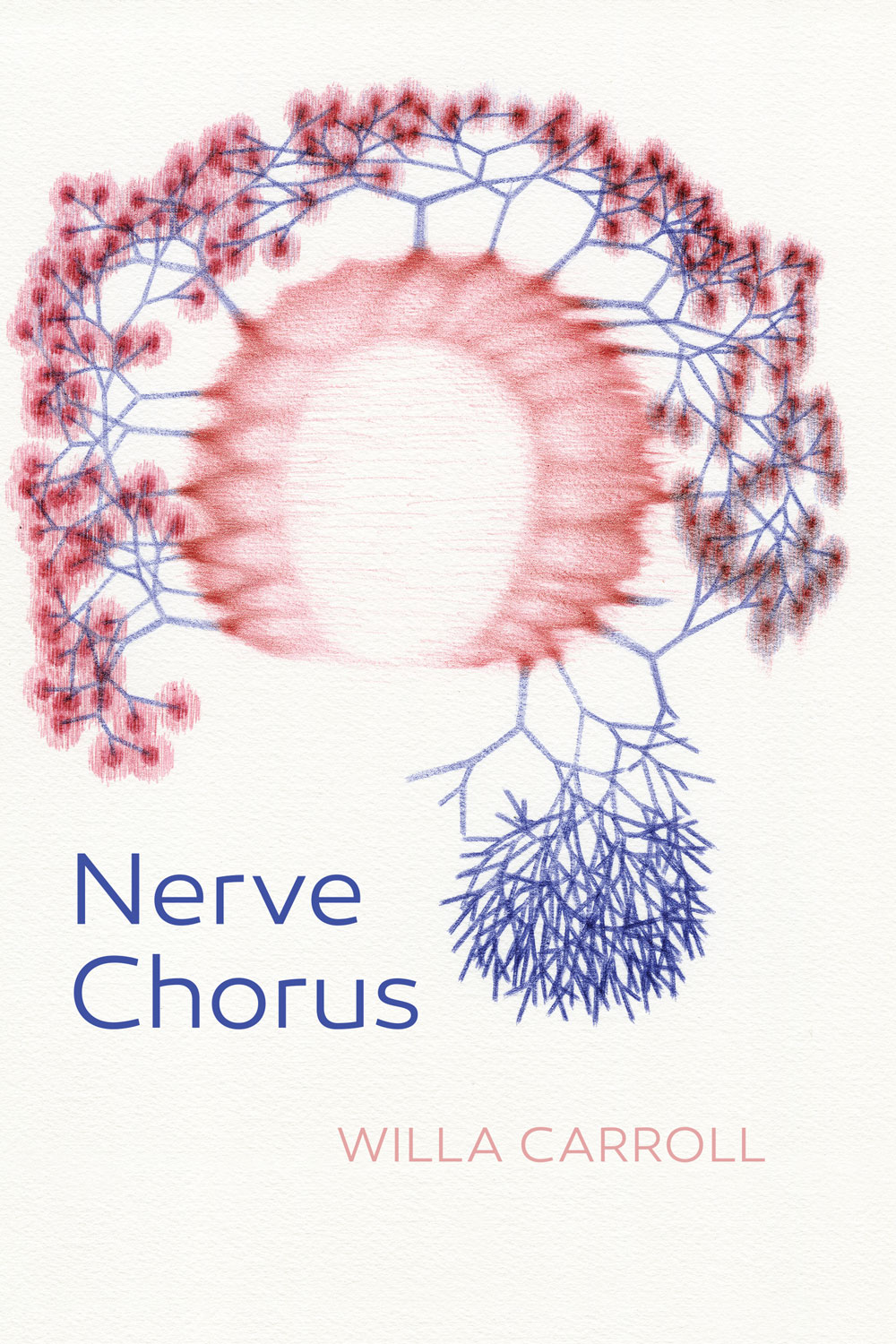
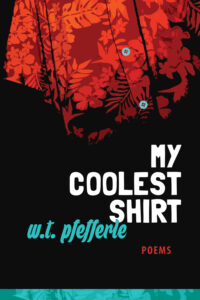
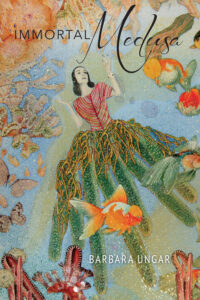
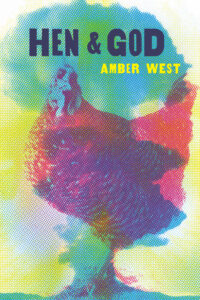
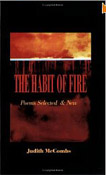
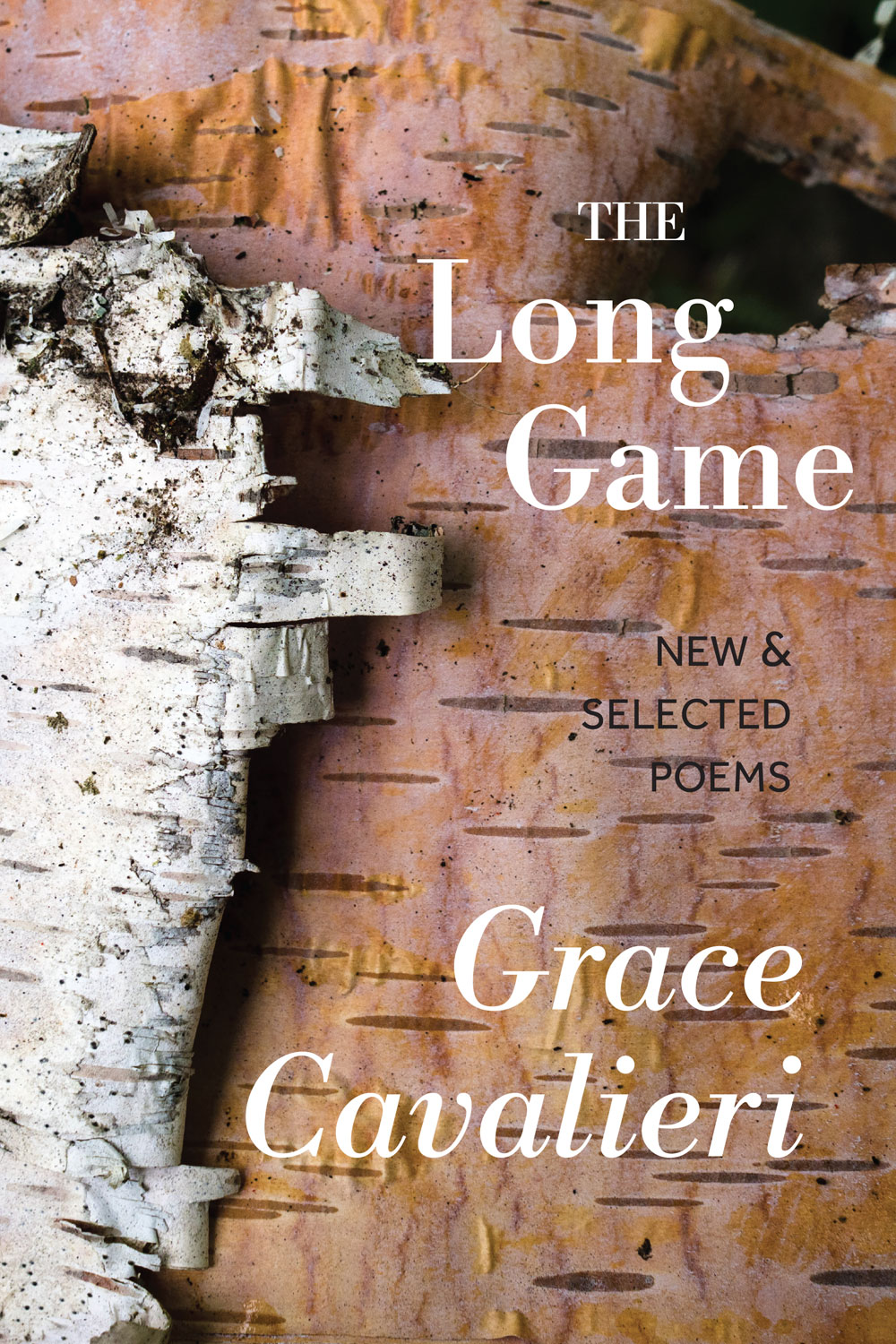
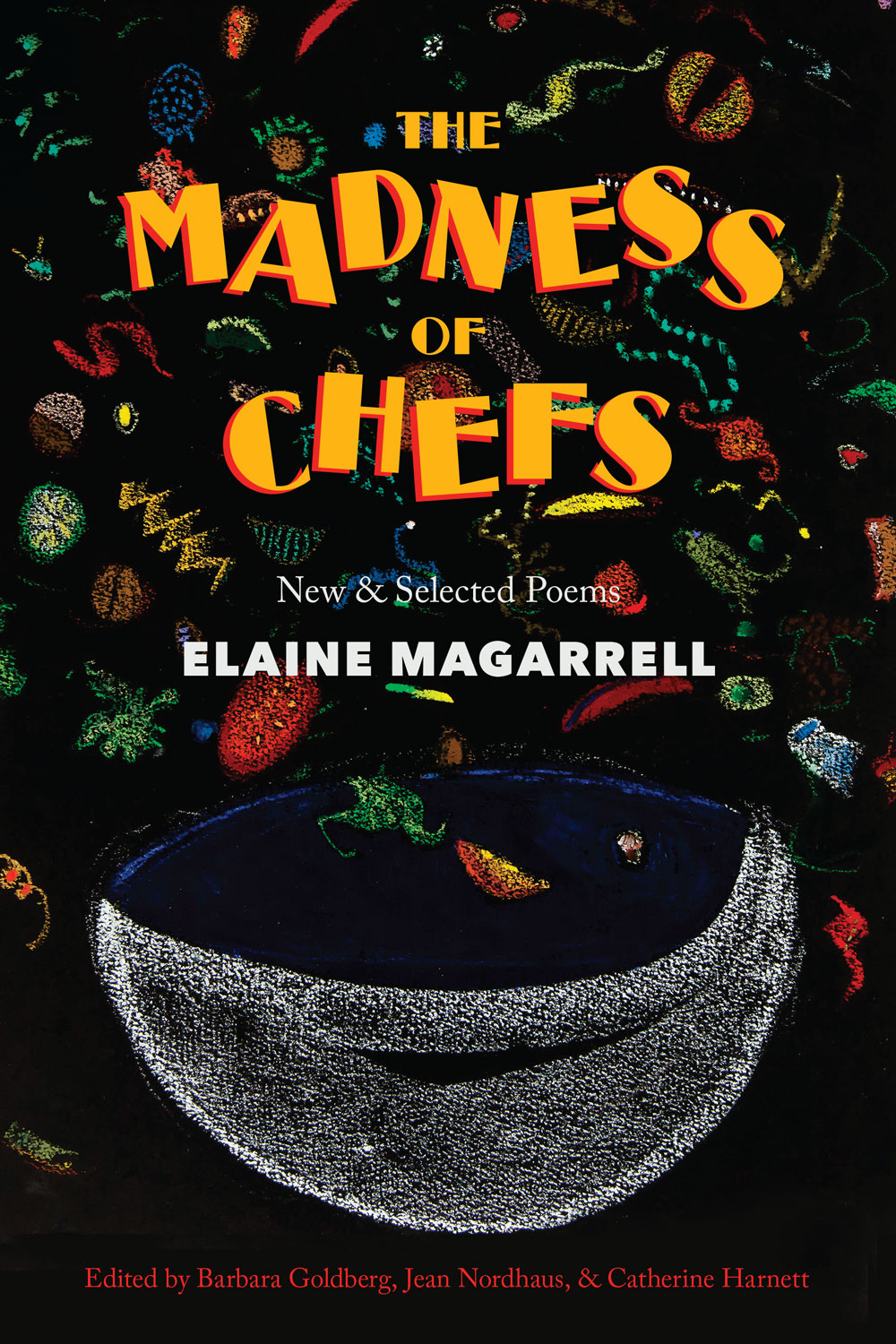
Reviews
There are no reviews yet.